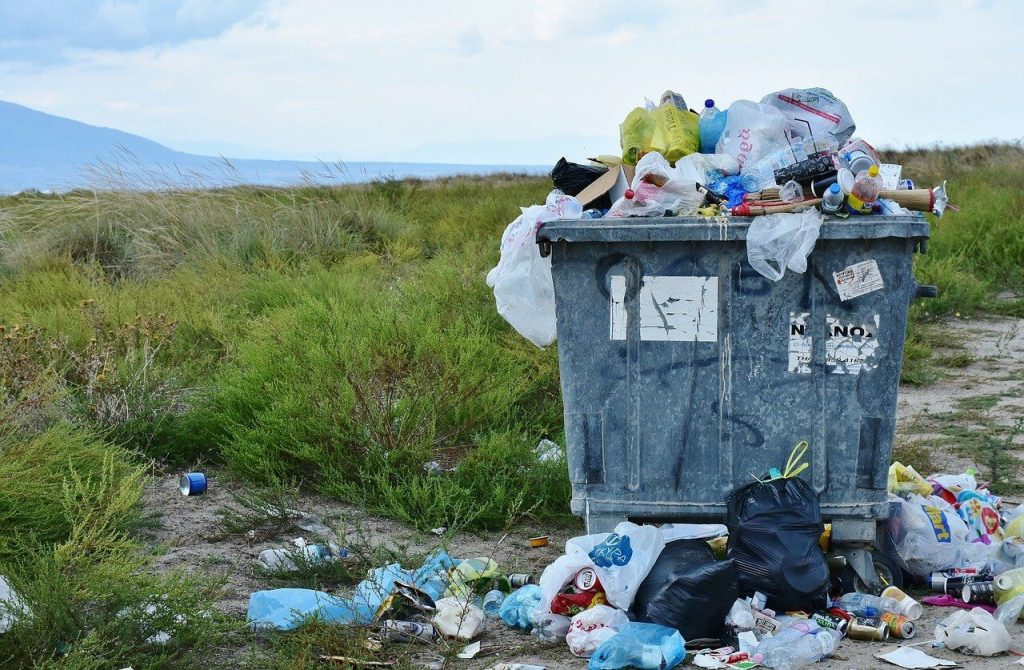How to motivate citizens to get involved in waste separation at home? Bills are a good motivator, according to Sanja Radović, Ph.D., head of the sector for sustainable municipal waste management at the Ministry of the Economy and Sustainable Development.
“If I know that my bill would depend on how much waste I set aside, then I will be highly motivated. If that is not the case, I am afraid that most citizens will say: ‘Let someone else do it for me,'” Radović said in an interview for the show “Good Morning, Croatia” on HRT.
The separation of useful raw materials from household waste is significant for the environment. Until 2017, this issue in Croatia was not fully regulated, so a regulation on municipal waste management was adopted, which applies to every Croatian household. According to Radović, Croatia must meet the goal of reducing waste disposal at landfills, which is why the decree brought about a change in the collection method – the more mixed municipal waste is thrown away, the more that will be paid.
“We have to forget everything that was thrown in the landfill for years – we have to increase waste separation and recycling and reduce waste disposal,” she notes.
Citizens, she continues, need to know what is going on with their waste and why they are expected to separate it.
“It depends on the type of waste – in Croatia, we have companies that process and recycle paper, cardboard, glass, and plastic. With plastic, it’s a little more complicated because it depends on the type of plastic. Each type of waste has its own processor, and utility companies must hand over waste to them separated by type,” she says.
Each local government has its own way of separating waste – it can be bins or larger containers.
“How which municipality and city will organize it is their business. What must be separated is paper in one bin, biowaste in another, mixed waste in a separate one, and other packaging in another,” Radović explains, adding that each municipality and city must hire municipal wardens in charge of waste control.
The president of the ‘Nature for All’ association, Ana Rosandić, says that it is useful to know that the remains of raw food are separated into biowaste. At the same time, thermally treated waste is thrown into mixed waste. Caps are a different type of plastic from liter bottles and the ‘safest’ form of plastic and can be recycled to, for example, make children’s toys. Disposable masks should go to infectious waste, but since this is not available to citizens at their doorstep, they can be separated into mixed waste.
When it comes to plastic bags, Radović says that we distinguish between lightweight and very lightweight.
“You can get lightweight carrying bags in the store or buy them at the checkout, and very lightweight ones are for vegetables and fruits, which are torn from the roll. Croatia has been charging for lightweight plastic bags for several years to reduce consumption. What the new law on waste management, which is still in the process, brings this year, is a complete ban on lightweight plastic bags – it will no longer be possible to buy them,” says Sanja and notes that the new measure was adopted because the waste reduction goals have not been achieved. Instead of plastic bags, it is recommended to use your own canvas bags.
For more about lifestyle in Croatia, follow TCN’s dedicated page.









